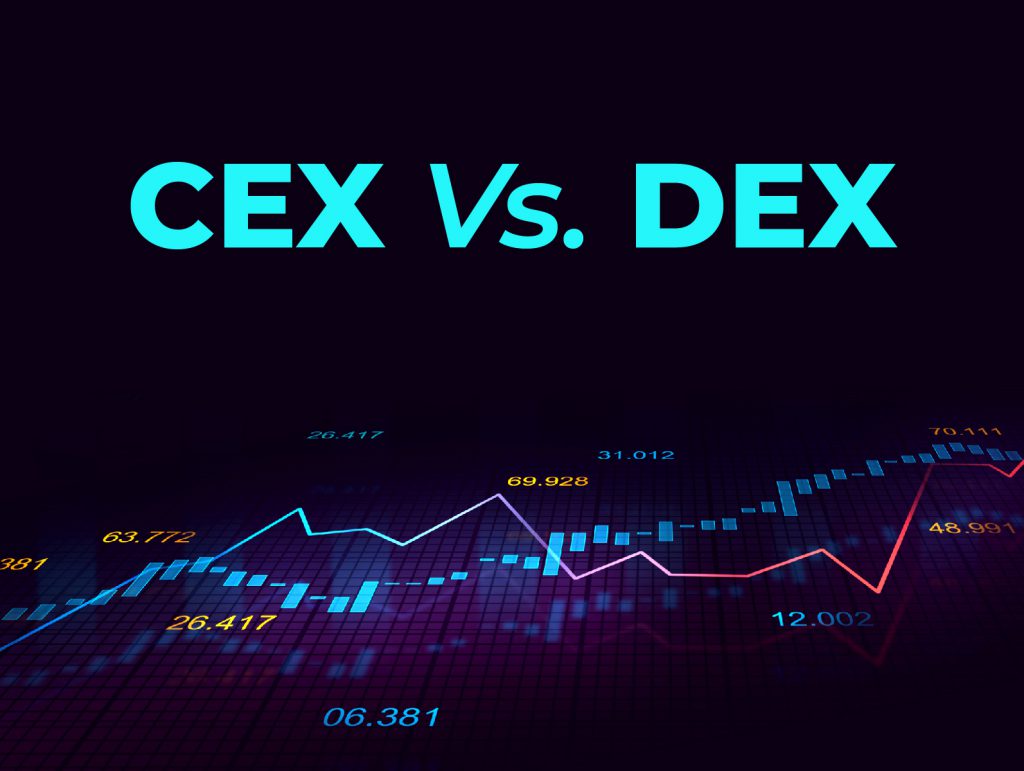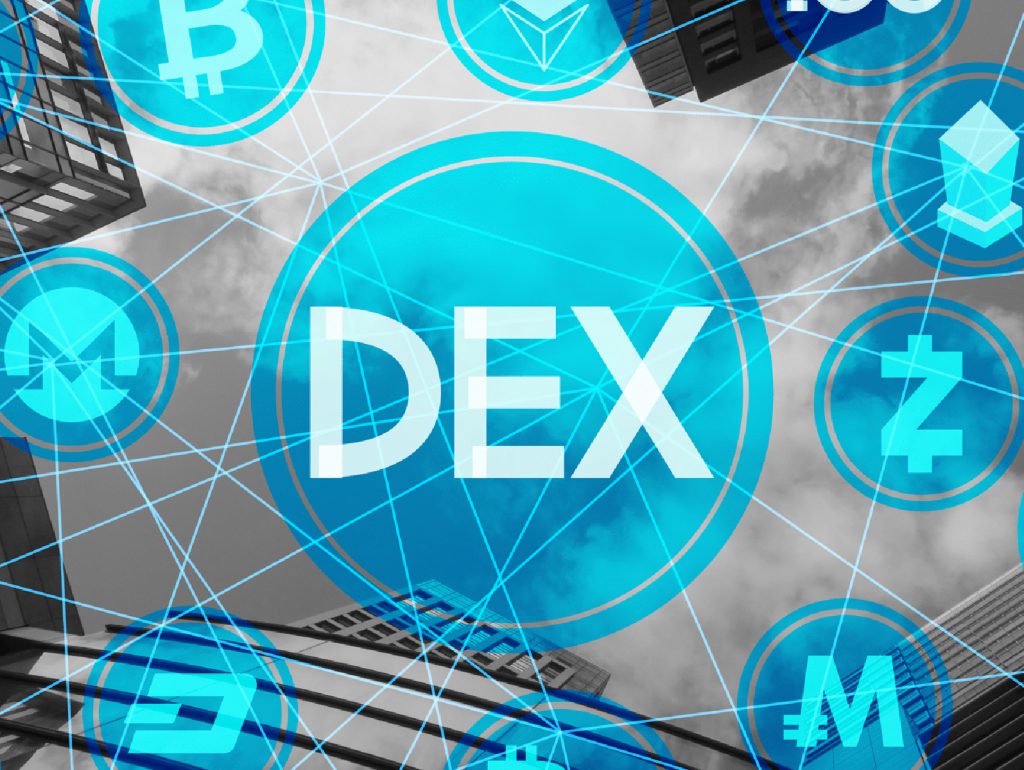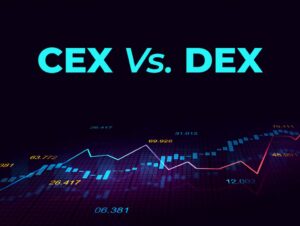
Table of Contents
ToggleThe Crypto currencies present some inconveniences at the time of commercialization, the greater desire of the people is to be able to change them without any problem by the national currencies of any country, in the beginnings of this tendency or was a challenge to obtain it. As a consequence, the need to create an Exchange or exchange houses focused on Crypto-Currencies arose, since, each time multiple services and payments were made in different digital platforms, that is why Holders have led to entrust their digital assets to a third party for a smooth exchange, but as already mentioned, it entails risks.
We must first understand how encryption exchanges work today.
Centralized Exchange (CEX):
A centralized exchange is an exchange managed by a company. The company has a CEO and employees and has full control over the exchange. These are similar to traditional stock exchanges, except that they deal in cryptosystems instead of shares.
Features
- There will be a third party operator
- Fiduciary currency transactions will be allowed
- The entries will be in the database most of the time until the withdrawal or extraction of coins occurs
- Improved negotiation speed (no real-time cryptographic node update)
- Liquidity will be more noticeable in the exchange
- Use of Know Your Customer (KYC) and Anti-Money Laundering (AML)
- Prone to hacking the system

Decentralized exchanges (DEX):
A decentralized exchange is not directed by anyone. It has no CEO or employees. The exchange runs on blockchain technology and is sometimes controlled in a democratic way by which users participate in the exchange’s decision-making processes. Decentralized exchanges also do not depend on a third party to maintain the crypto currency so that it is faster to perform a transaction than in a centralized exchange.
Features
- No transactions in fiduciary currency will be allowed
- Most of the time, Market Takers will only be part of the platform
- The volume of the encryption trade transaction will be much lower.
- Low-grade trading speed (due to real-time updating of the cryptographic node)
- Liquidity will be the challenge (only handle Crypto Coins in Nodes)
- No, Know Your Customer (KYC) and Anti-Money Laundering (AML) practices
- No private keys in the application
Security:
DEX works much better, since private keys are not part of the application, while CEX, the user can recover his username.
CEX works with a third party or authority body, which offers volume and liquidity so that transactions can be made more quickly, meaning that CEX is faster than DEX.
Regulatory requirements:
KYC & AML facilitates the regulation and verification of the identity of the users, this is used in CEX exchanges, due to this reason it can be said that it is against the main objective of “Satoshi-Nakamoto” – “Anonymity and decentralization”.
Finally, if you plan on participating in any of the crypto-currency exchanges, you should understand the difference between each of them to help you make the right choice.
- Control of Funds
- Anonymity
- Authentication
- Benefits of a decentralized exchange
- Faster transactions
- Less vulnerable to piracy risk
The evolution of technology has brought great benefits to humanity, Blockchain has a great potential in solving problems that the traditional system cannot, the transparency, trust and security of information that can give Blockchain has led in the last 10 years to a growth and adoption of the largest companies and governments focusing around the world in different sectors, the exchanges also evolve and sooner or later optimize the way we can easily and with security guarantee to move our digital investments.







